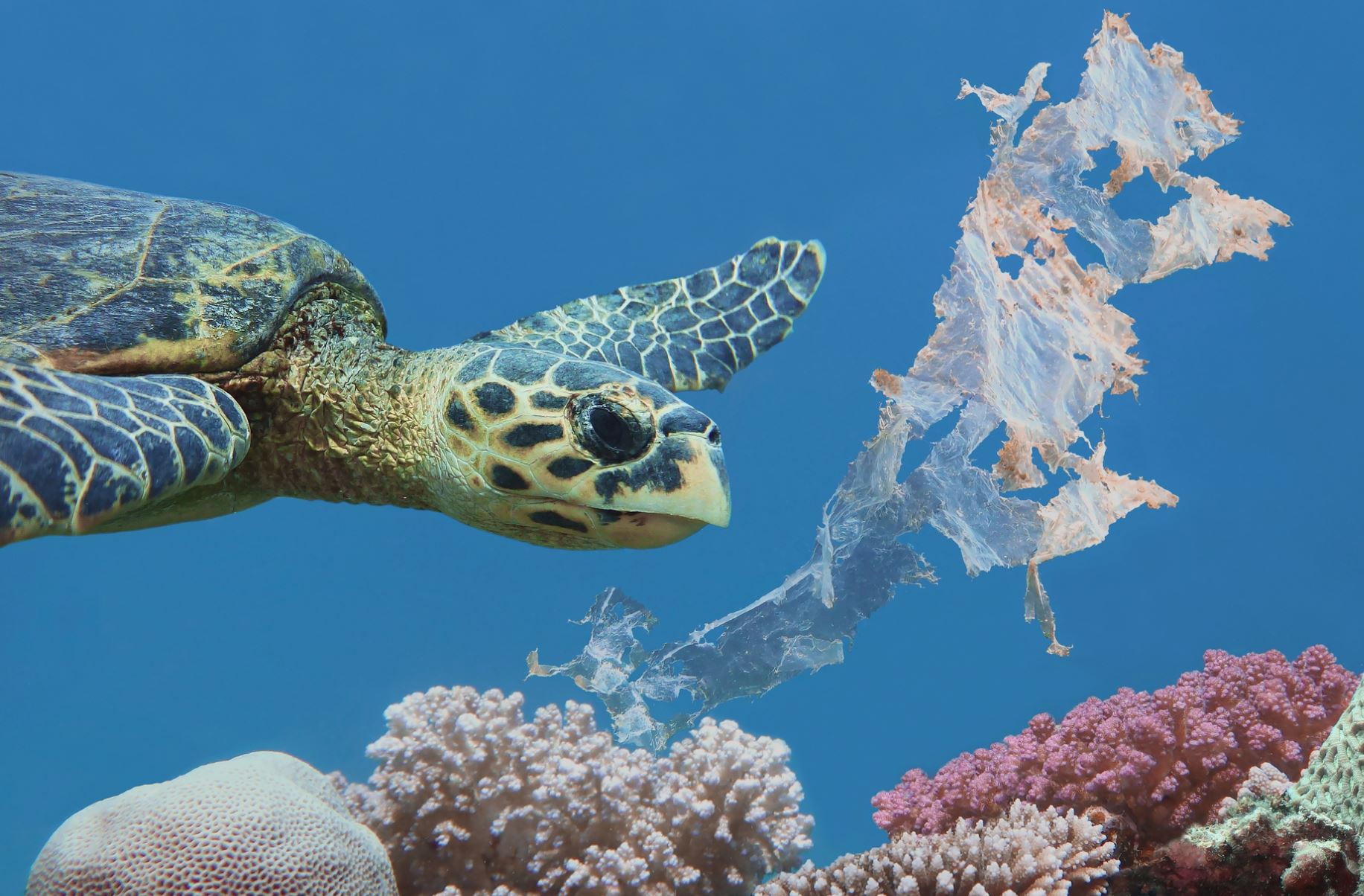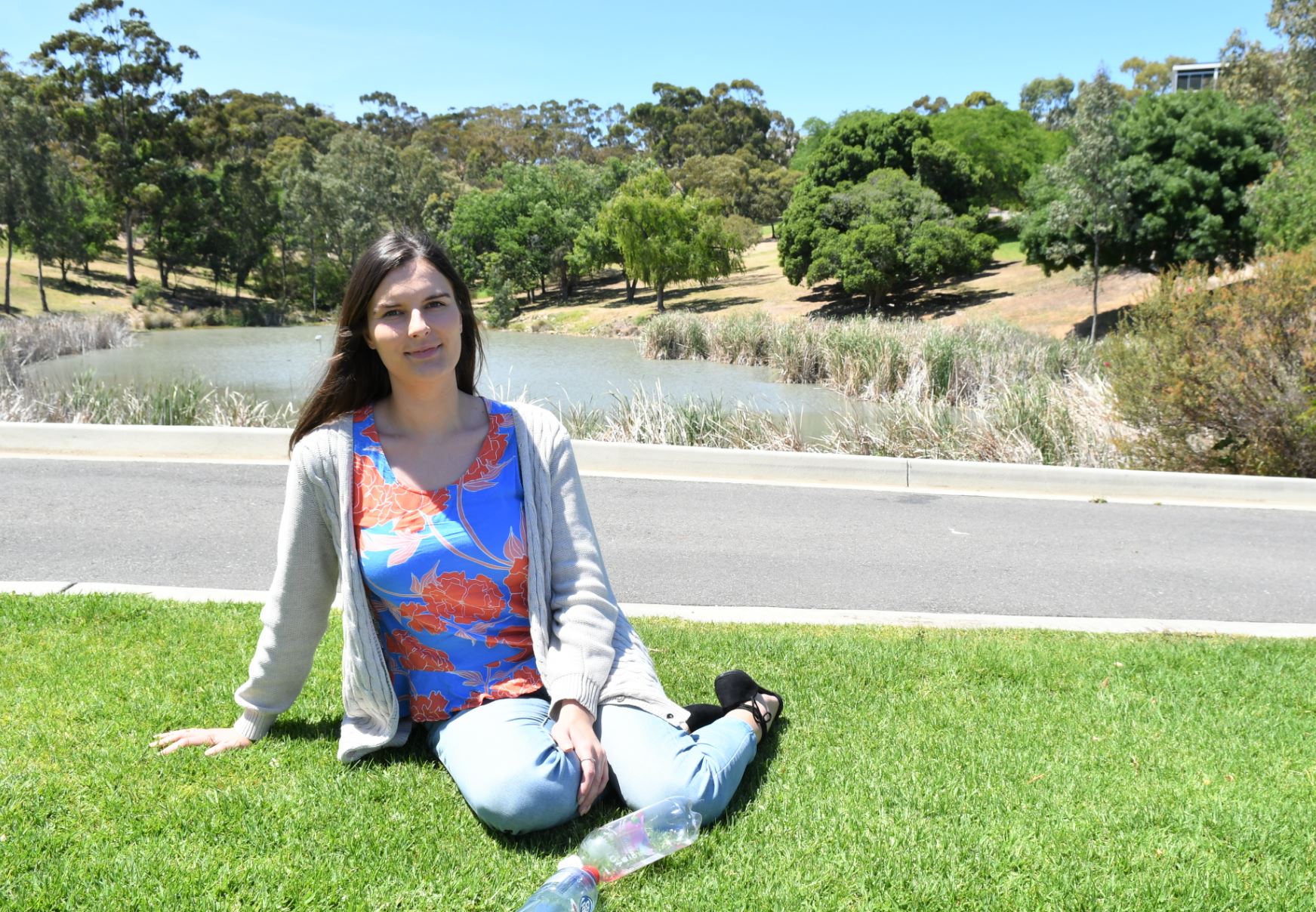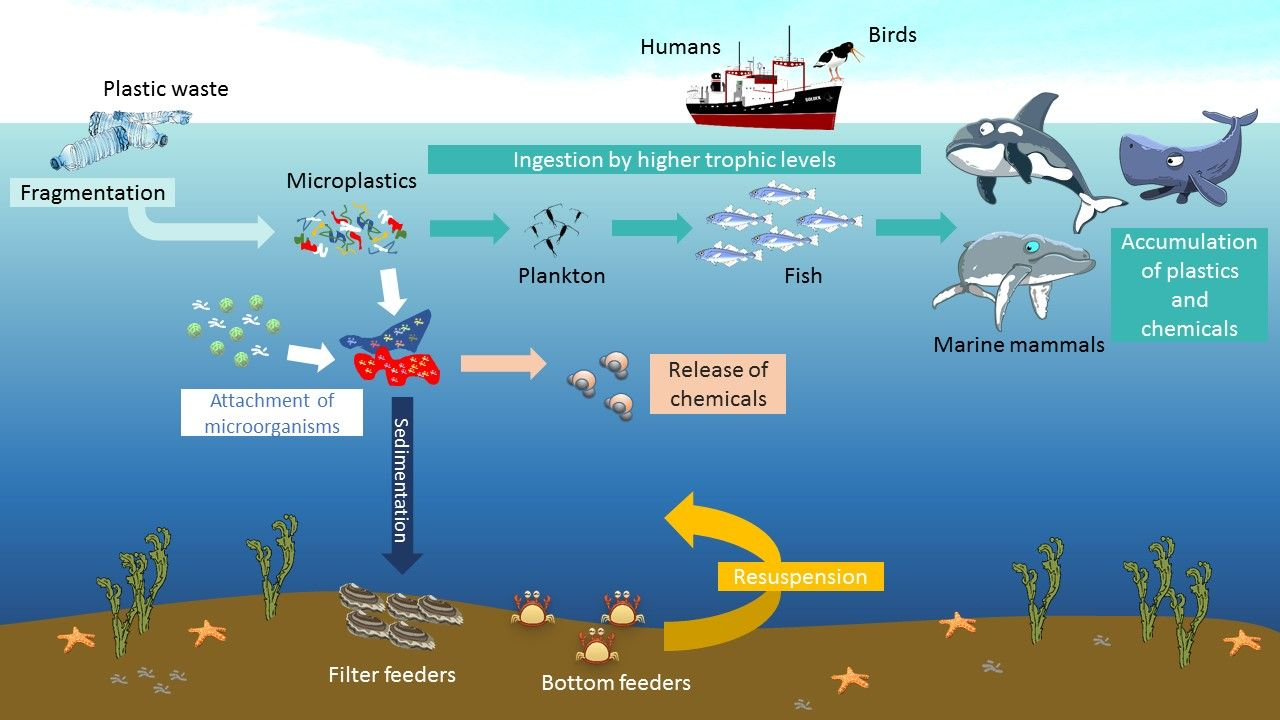
The oceans of the world are filling up with plastics, and tiny pieces of degrading microplastics, so Flinders scientists are taking to the high seas to investigate its prevalence in Australian waters.
A team led by Flinders University Associate Professor in Biological Oceanography Sophie Leterme, with PhD candidate Elise Tuuri and Flinders adjunct senior lecturer Dr John Luick, currently a visiting scientist at SARDI, with support from University WA Ocean Institute adjunct Professor George Creswell, is embarking on a series of voyages on the national Australian Government Research Vessel Investigator over the next 12-18 months.
They will be collecting water samples and other data to better understand the long-term life cycle of plastic waste in the marine environment, including their circulation in the oceans’ currents and related issues to their impacts on marine environments.
The research is being supported by a grant of sea time on the RV Investigator from the CSIRO Marine National Facility.
A 2013 scientific study showed that plastic contamination was present in the surface waters of Australia, with concentrations around Brisbane and Sydney of 7500-15,500 pieces of plastic/sq km (Reisser et al, 2013).
The site sampled in South Australian waters was near Kangaroo Island which even showed concentrations of 1500-3500 pieces of plastic/sq km.
Elise, who sets sail from Darwin to Fremantle on the first leg of the Flinders investigations this month, says the project’s aim is to better understand the distribution of microplastics in Australian waters and develop strategies to reduce the risks, including on microbial and planktonic organisms that find their way into the food chain.
“Plastics can take several hundred years to degrade and as they break down in the environment, biofilms form on these fragments and can have implications on animal and human health,” says Associate Professor Leterme, a researcher at the Flinders Institute for NanoScale Science and Technology at Flinders.
“We are seeking to collect samples from around Australia to develop an understanding of how plastics of different sizes circulate in Australian oceans – and where these can end up,” she says.
Plastic waste in the environment is classified into different size fractions. Microplastics are defined as plastic fragments less than 5mm in diameter, comprising either fragments degraded from larger plastic objects or other non-degraded products, such as the microbeads found in exfoliants, industrial abrasives and fibres from synthetic clothes. Anything bigger than 5mm in diameter is classified as macroplastics.

“The data will be used to develop possible cleanup strategies, in tandem with work on analysing the source of the plastic by assessing its chemical components and its possible implications for human and marine health in relation to bacterial transportation.”
Elise, pictured, who graduated last year with first-class Honours in Bachelor of Science (Honours) (Marine Biology and Aquaculture), also took part in the inaugural CAPSTAN program led by Macquarie University and CSIRO, an experience that set the scene for her next big adventure at sea.
“We have been fortunate enough to be approved for five transit voyages aboard RV Investigator which will take us around large expanses of Australian coast,” she says.
This includes a second voyage from Sydney to Hobart in May, Cairns to Hobart in July, and Hobart to Auckland in September – when Elise will be a CAPSTAN (or Collaborative Australian Postgraduate Sea Training Alliance Network) trainer – a planned Hobart-Darwin voyage in 2021, and possibly more to follow.
Elise will travel to Darwin for the first NT-WA leg over Christmas-New Year after conducting surfing and swimming classes at Middleton, south of Adelaide.
“I enjoy communicating my knowledge of the marine environment to people eager to learn more about the ocean, so this will come in handy in engaging with schools and communities in our microplastics project to better understand the implications of poor waste management and the rising pollution in our oceans.”
This important RV Investigator research is being supported by members of the community concerned about the rising levels of microplastic pollution in our oceans.
Others can make a tax-deductible donation to assist the Flinders University Microplastic Research Project by contacting the Advancement Team via email giving@flinders.edu or calling 08 8201 2511 or by making a donation online today.


